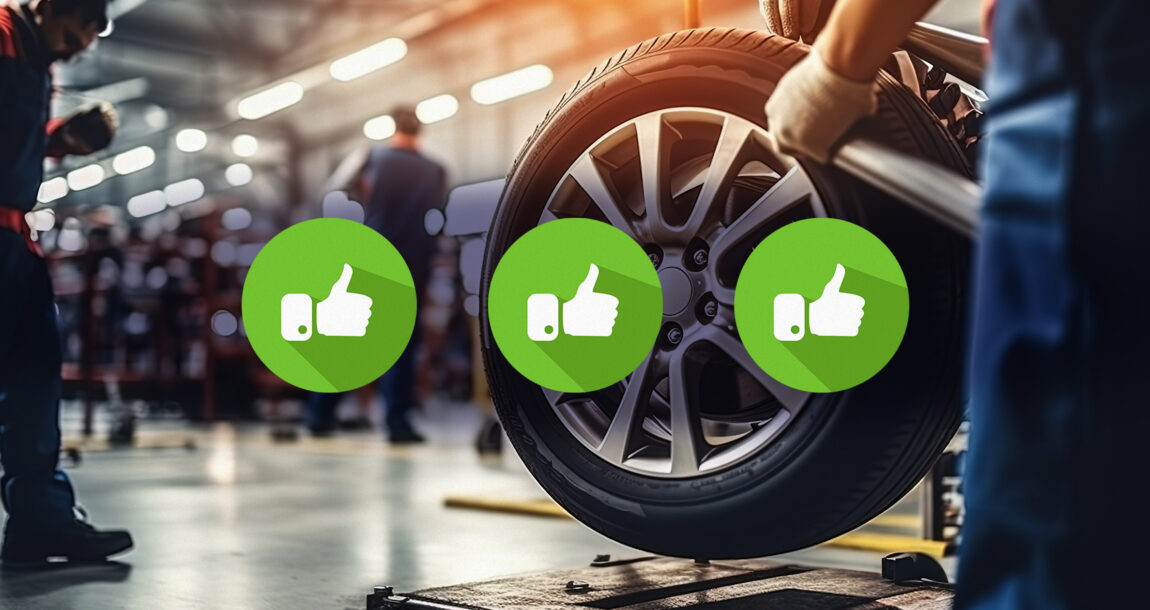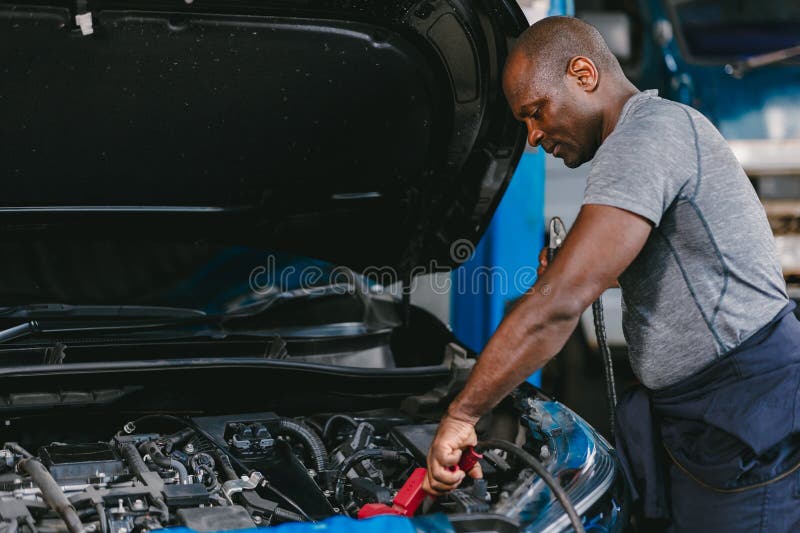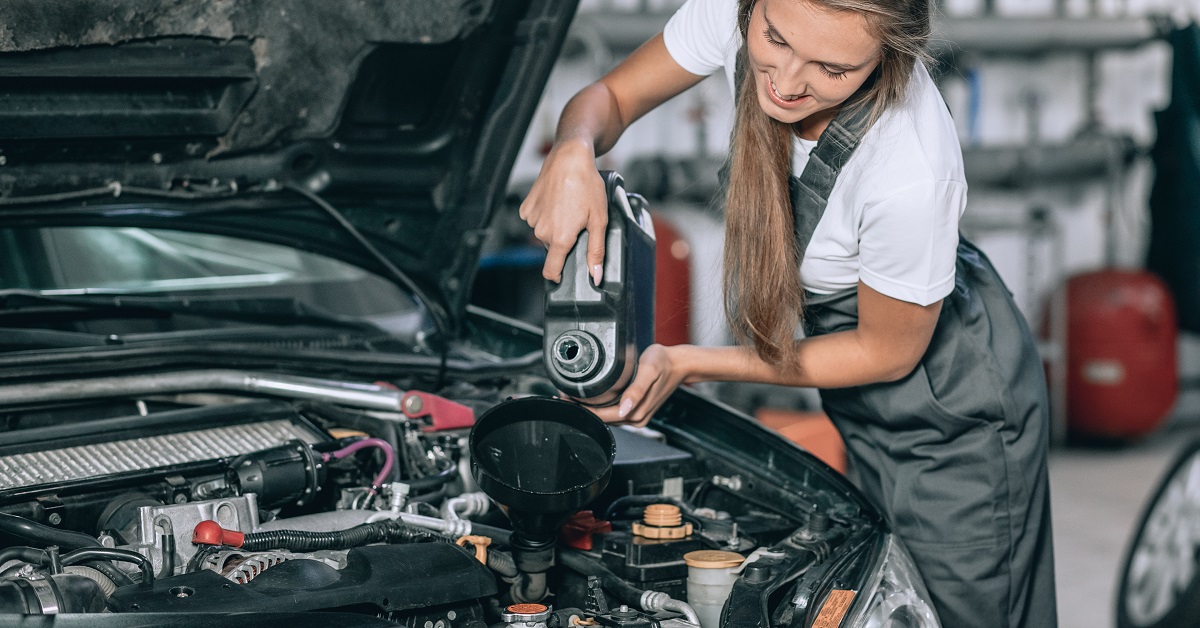All Categories
Featured
When your automobile overheats, it can seem like a major emergency, but remaining tranquil and complying with the best actions can avoid severe engine damage and help obtain you back when driving safely. In this blog post, we'll discover what to do if your car overheats and provide preventative tips to minimize the risk of overheating in the future.
If Your Cars and truck Overheats,What to Do. Pull Over to a Safe Location The very first and essential step if your vehicle starts to overheat is to pull over to a secure area as quickly as feasible. Activate your danger lights and direct your vehicle to the shoulder or right into a parking area. Keeping your vehicle running while it's overheated can cause extreme damages to the engine, so it's critical to shut the engine off right away.
Allow the Engine Cool Once you have actually safely quit, allow the engine to cool down. You must never attempt to open up the radiator cap while the engine is still hot, as the launch of heavy steam or warm coolant can trigger burns. Wait at the very least 15-20 mins to allow the engine temperature to drop to a much safer degree before proceeding.
![]()
Inspect the Coolant Degree After the engine has cooled, examine the coolant levels by evaluating the tank or radiator. If it's low, top it off with a mix of coolant and water (as specified by your car's supplier) Constantly make use of care when opening up the coolant reservoir, as pressure may have built up.
Try To Find Visible Leaks While you await the engine to cool, aesthetically examine the radiator, hose pipes, and coolant reservoir for any kind of noticeable leakages or fractures. A dripping radiator or hose pipe is a common root cause of overheating. It's better to call a tow service than danger driving even more and causing extra damage. if you discover a considerable leakage.
Reactivate the Engine After permitting the engine to cool and making sure the coolant is rounded off, start the engine and monitor the temperature gauge. If the temperature level proceeds to increase quickly, it's best to close the engine off and call for roadside aid or a tow to the local auto mechanic.
![]()
Exactly How to avoid Overheating in the Future. Consistently Check Coolant Degrees One of the simplest methods to prevent overheating is by maintaining the best level of coolant. Over time, coolant can vaporize, so on a regular basis examine the coolant degrees in the storage tank. Low coolant levels can cause the engine to get too hot promptly, so leading it off as required.
Check the Radiator The radiator plays an essential role in keeping the engine cool. Occasionally inspect the radiator for any type of clogs, dust, or debris that might block air movement. If you observe any signs of damages, such as corrosion or leakages, have it fixed or changed asap.
The thermostat manages the flow of coolant, while the water pump distributes it via the engine. If either component is damaged, it can stop correct air conditioning.
Flush the Air conditioning System Over time, coolant can break down and become inefficient, causing a buildup of particles in the system. Flushing the air conditioning system every 30,000 miles, or as suggested in your automobile's guidebook, aids to eliminate any kind of sludge or buildup and ensures the cooling system is functioning effectively.
Display the Problem of the Tubes The pipes in your automobile's cooling system can wear or crack in time. Evaluate the tubes for any kind of indications of wear, such as protruding, cracks, or leakages, and change them if needed. Avoiding coolant leakages can go a long means in preventing overheating.
![]()
Drive Properly Hostile driving, such as increasing quickly or driving at broadband, puts added stress on your engine and its cooling system. Attempt to drive at modest rates, especially on hot days or when driving on high slopes, to minimize the possibilities of overheating.
Stay Clear Of Overloading Your Car Carrying too much weight in your vehicle places stress and anxiety on the engine and cooling system. Always be conscious of your automobile's weight restriction, especially if you're carrying hefty tons, lugging a trailer, or driving fars away in warm weather condition.
Final thought. A getting too hot automobile can be a frightening experience, however knowing exactly how to react and avoid it can save you time, cash, and possible engine damage. Always examine your coolant levels, check crucial elements like the radiator, thermostat, and hoses, and comply with a normal upkeep timetable. By remaining on top of your vehicle's cooling system, you can minimize the danger of overheating and take pleasure in a smoother, much safer driving experience.
If Your Cars and truck Overheats,What to Do. Pull Over to a Safe Location The very first and essential step if your vehicle starts to overheat is to pull over to a secure area as quickly as feasible. Activate your danger lights and direct your vehicle to the shoulder or right into a parking area. Keeping your vehicle running while it's overheated can cause extreme damages to the engine, so it's critical to shut the engine off right away.
Allow the Engine Cool Once you have actually safely quit, allow the engine to cool down. You must never attempt to open up the radiator cap while the engine is still hot, as the launch of heavy steam or warm coolant can trigger burns. Wait at the very least 15-20 mins to allow the engine temperature to drop to a much safer degree before proceeding.

Inspect the Coolant Degree After the engine has cooled, examine the coolant levels by evaluating the tank or radiator. If it's low, top it off with a mix of coolant and water (as specified by your car's supplier) Constantly make use of care when opening up the coolant reservoir, as pressure may have built up.
Try To Find Visible Leaks While you await the engine to cool, aesthetically examine the radiator, hose pipes, and coolant reservoir for any kind of noticeable leakages or fractures. A dripping radiator or hose pipe is a common root cause of overheating. It's better to call a tow service than danger driving even more and causing extra damage. if you discover a considerable leakage.
Reactivate the Engine After permitting the engine to cool and making sure the coolant is rounded off, start the engine and monitor the temperature gauge. If the temperature level proceeds to increase quickly, it's best to close the engine off and call for roadside aid or a tow to the local auto mechanic.

Exactly How to avoid Overheating in the Future. Consistently Check Coolant Degrees One of the simplest methods to prevent overheating is by maintaining the best level of coolant. Over time, coolant can vaporize, so on a regular basis examine the coolant degrees in the storage tank. Low coolant levels can cause the engine to get too hot promptly, so leading it off as required.
Check the Radiator The radiator plays an essential role in keeping the engine cool. Occasionally inspect the radiator for any type of clogs, dust, or debris that might block air movement. If you observe any signs of damages, such as corrosion or leakages, have it fixed or changed asap.
The thermostat manages the flow of coolant, while the water pump distributes it via the engine. If either component is damaged, it can stop correct air conditioning.
Flush the Air conditioning System Over time, coolant can break down and become inefficient, causing a buildup of particles in the system. Flushing the air conditioning system every 30,000 miles, or as suggested in your automobile's guidebook, aids to eliminate any kind of sludge or buildup and ensures the cooling system is functioning effectively.
Display the Problem of the Tubes The pipes in your automobile's cooling system can wear or crack in time. Evaluate the tubes for any kind of indications of wear, such as protruding, cracks, or leakages, and change them if needed. Avoiding coolant leakages can go a long means in preventing overheating.

Drive Properly Hostile driving, such as increasing quickly or driving at broadband, puts added stress on your engine and its cooling system. Attempt to drive at modest rates, especially on hot days or when driving on high slopes, to minimize the possibilities of overheating.
Stay Clear Of Overloading Your Car Carrying too much weight in your vehicle places stress and anxiety on the engine and cooling system. Always be conscious of your automobile's weight restriction, especially if you're carrying hefty tons, lugging a trailer, or driving fars away in warm weather condition.
Final thought. A getting too hot automobile can be a frightening experience, however knowing exactly how to react and avoid it can save you time, cash, and possible engine damage. Always examine your coolant levels, check crucial elements like the radiator, thermostat, and hoses, and comply with a normal upkeep timetable. By remaining on top of your vehicle's cooling system, you can minimize the danger of overheating and take pleasure in a smoother, much safer driving experience.
Latest Posts
Find Budget-Friendly Auto Repairs with Montclare’s Monthly Service Specials
Published May 28, 25
1 min read
Explore Auto Services & More: Comprehensive Auto Care Solutions from Montclare Auto Repair
Published May 27, 25
1 min read
Explore the Premier Auto Repair Deals in Montclare, Chicago
Published May 26, 25
1 min read
More
Latest Posts
Find Budget-Friendly Auto Repairs with Montclare’s Monthly Service Specials
Published May 28, 25
1 min read
Explore Auto Services & More: Comprehensive Auto Care Solutions from Montclare Auto Repair
Published May 27, 25
1 min read
Explore the Premier Auto Repair Deals in Montclare, Chicago
Published May 26, 25
1 min read